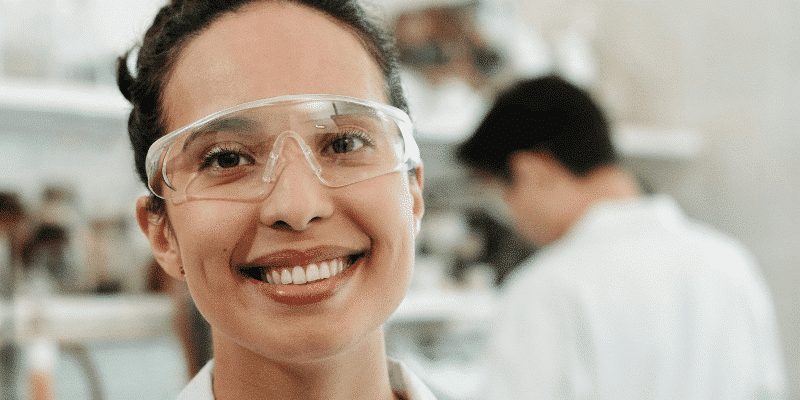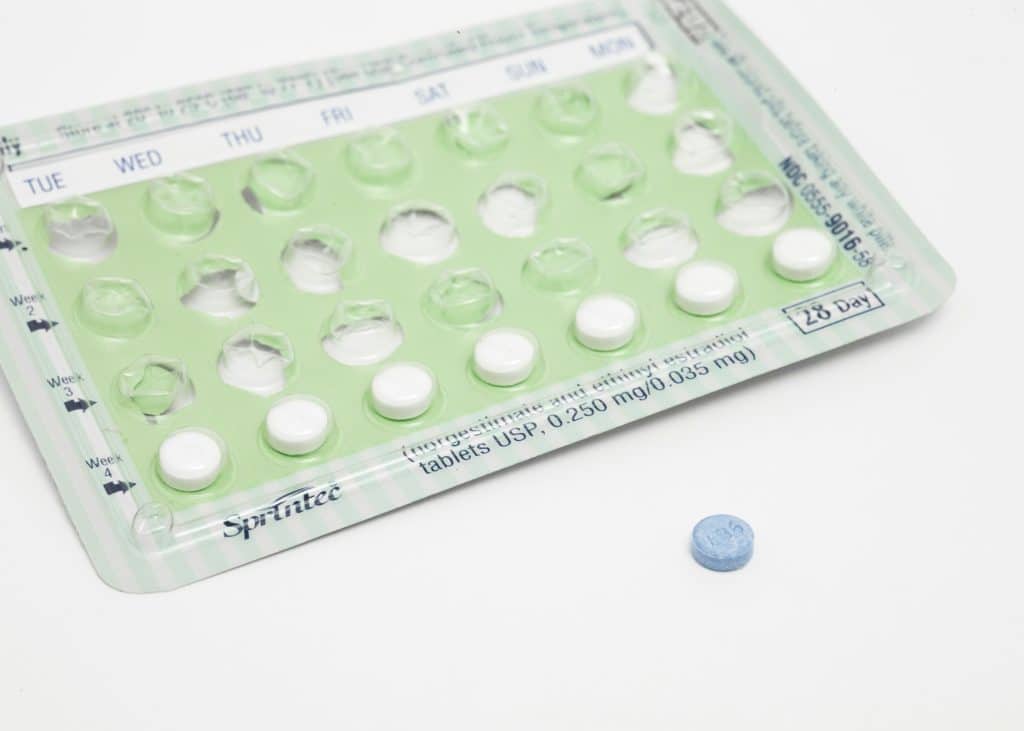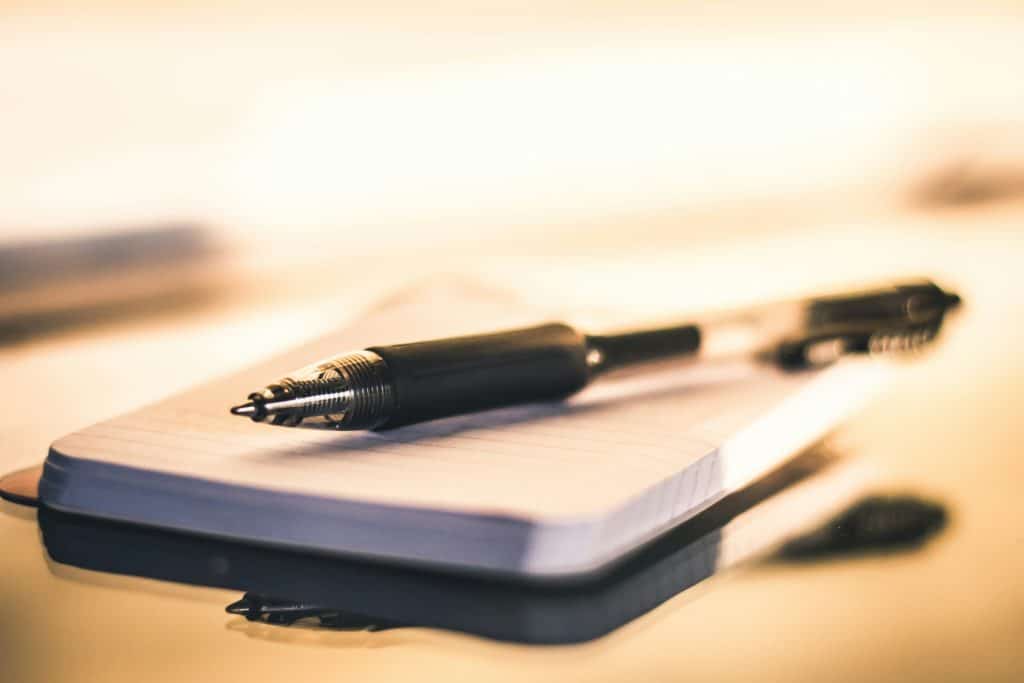8 Latino Inventions That Changed the World

When you think of world-changing inventions, you might picture Silicon Valley tech or European scientists in lab coats. But let’s give credit where it’s due; Latino inventors have been making game-changing contributions to everything from space exploration to everyday life. Here are 10 Latino inventions that have actually changed the world (and made it a whole lot cooler in the process):
Color TV
In 1940, Mexican engineer Guillermo González Camarena patented a “chromoscopic adapter for television equipment,” an early color TV system that allowed black-and-white sets to receive color broadcasts. His technology made its way into NASA’s Voyager mission cameras decades later, showing how his vision reached well beyond living rooms. Color television revolutionized entertainment worldwide, creating a more immersive experience and setting the stage for today’s media culture.
The Birth of Contraceptive Pills

At just 26 years old, in 1951, Mexican chemist Luis E. Miramontes co-synthesized norethisterone, the active ingredient that became the foundation of the first oral contraceptive pills. The development of the birth control pill transformed reproductive freedom for women, contributing to major social changes in family planning, women’s rights, and healthcare across the globe.
The First Artificial Heart
Argentine surgeon Domingo Liotta made medical history in 1969 by creating the first total artificial heart successfully implanted in a human patient. Though initially used as a bridge to heart transplantation, his invention opened the door for life-saving mechanical devices that continue to evolve and give critically ill patients more time and better outcomes.
AcceleGlove
In 2002, Mexican inventor José Hernández-Rebollar introduced the AcceleGlove, a high-tech glove that translates American Sign Language (ASL) into spoken words. Capable of recognizing hundreds of signs, the invention represented a major step toward bridging communication barriers between deaf and hearing communities, sparking further research in assistive technology.
Water Turbines
Known as the “Inventor of the Andes,” Venezuelan innovator Luis Zambrano designed more than 50 devices throughout the mid-20th century. Among his most impactful were hydraulic turbines that brought electricity to rural homes, and the Turbozám motor, a simplified rotary engine. His work provided practical solutions for communities with limited resources, showcasing how invention can be rooted in social need.
Electric Brake System
Mexican inventor Víctor Ochoa patented an electric brake system for trains in 1907, which used magnetic attraction to safely slow down railcars. He also created tools like an adjustable wrench and pen clip. Ochoa’s inventions improved safety and convenience in everyday life, reflecting the wide range of innovations Latino inventors contributed during the early 20th century.
Optical Imaging Systems
Before becoming the first Latina astronaut in space in 1993, Ellen Ochoa co-invented several optical imaging systems in the 1980s. These devices improved object recognition and image clarity, and later helped with high-precision space imaging at NASA. Her contributions not only advanced optical engineering but also highlighted the role of Latinas in shaping space exploration technology.
Ballpoint Pens

If you’ve ever scribbled a quick note with a ballpoint pen, you’ve got a Latino inventor to thank. Ladislao José Biro, an Argentine-Hungarian, developed the first modern ballpoint pen in the 1930s. His pen was much smoother and more efficient than older fountain pens, which would often leak or smudge. Biro’s invention revolutionized how we write, and his last name is still used in many countries to refer to ballpoint pens.
Long-Life Nickel-Hydrogen Batteries
If you’ve ever looked up at the night sky and marveled at the stars, you might not realize that Latina ingenuity is helping power the technology that explores those distant galaxies. Puerto Rican engineer Olga D. González-Sanabria played a massive role in developing long-life nickel-hydrogen batteries, an essential technology for satellites and space research. These tough batteries can handle the extreme conditions of space, powering satellites as they orbit Earth, collecting critical data for research and communications.
The X-Ray Microscope
Albert Baez, a Cuban-born physicist and father of folk singer Joan Baez, co-developed some of the first X-ray microscopes in the mid-20th century. His work in X-ray optics allowed scientists to examine materials and biological samples with unprecedented detail. While high radiation exposure limited use on living cells, Baez’s innovations expanded what researchers could see at the microscopic level and laid groundwork for modern imaging technologies.




